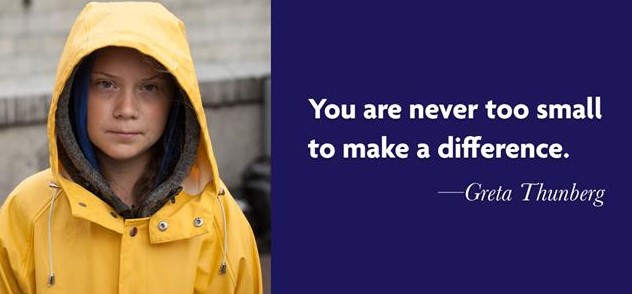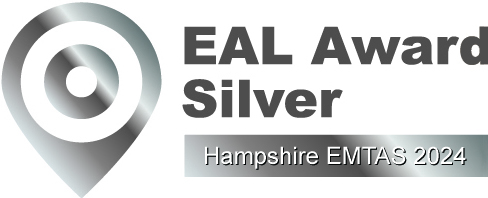Sustainability and Climate Change
Introduction
At Church Crookham Junior School we have a commitment to sustainability and addressing climate change which is intertwined with our core values of kindness, respect, resilience, imagination, and reflection. We recognise that educating our students about the importance of caring for our planet is essential not only for their futures but for the future of our global community.
Intent
Our intent is to create an environment where sustainability is at the heart of everything we do. We aim to inspire our students to be thoughtful and responsible citizens who understand the impact of their actions on the environment. Through the lens of kindness and respect, we will foster a culture of care for the Earth and all its inhabitants. We intend to empower our students with the resilience to face environmental challenges, the imagination to find creative solutions, and the ability to reflect on their actions and choices. Through good role models at school and in life, our children will be inspired to make conscious changes.
The Department for Education (DfE) sustainability and climate change strategy was launched in 2022. Our plan encompasses the four strategic aims for schools set out by the DfE:
•Excellence in education and skills for a changing world: preparing all young people for a world impacted by climate change through learning and practical experience.
• Net zero: reducing direct and indirect emissions from education and care buildings, driving innovation to meet legislative targets and providing opportunities for children and young people to engage practically in the transition to net zero.
• Resilience to climate change: adapting our education and care buildings and system to prepare for the effects of climate change.
• A better environment for future generations: enhancing Biodiversity, improving air quality and increasing access to, and connection with, nature in and around education and care settings
School should include a climate action plan covering 4 areas:
- Decarbonisation – focusses on reducing emissions (such as, improving the efficiency of school buildings, transitioning to renewable energy sources and promoting sustainable transportation options).
- Adaptation and Resilience – this refers to making adjustments in systems, practices, and policies to minimise the negative impacts of climate change. This can include physical changes (like managing flooding, hot weather, etc.) or changes in behaviour and processes.
- Biodiversity – This refers to protecting and enhancing the variety of life in and around schools - including different species of plants, animals, fungi, and microorganisms, as well as the ecosystems they form. High Biodiversity is essential for ecosystem stability, resilience, and the provision of ecosystem services.
- Climate Education and Careers focusses on integrating sustainability into education and preparing students for careers that support a sustainable future.
Implementation
To bring our intentions to life, we will embed sustainability across the curriculum and throughout the school community. This includes integration of environmental topics in lessons and where children revisit previous learning on sustainability and build on this each year. In addition to this, there will be whole school focus days and opportunities to take part in projects, and partnerships with local organisations. We will encourage our students to engage in sustainable practices both in and out of school, promoting respect for natural resources and fostering resilience through real-world problem-solving. Our approach will be imaginative, using high-quality teaching and learning methods and reflective practices to ensure that sustainability is not just taught, but lived.
Impact
The impact of our plan will be seen in the development of students who are not only aware of the challenges posed by climate change but are also equipped to take meaningful action. We expect to see a school community that practices kindness towards the environment, demonstrates respect for diverse ecosystems, and shows resilience in the face of environmental challenges. Our students will leave Church Crookham Junior School with the imagination to envision a sustainable future and the reflective skills to continue growing and adapting their knowledge throughout their lives.
Through this plan, we aspire to create a lasting legacy of sustainability that aligns with our school’s values, ensuring that our students are prepared to be the leaders and innovators of tomorrow.





